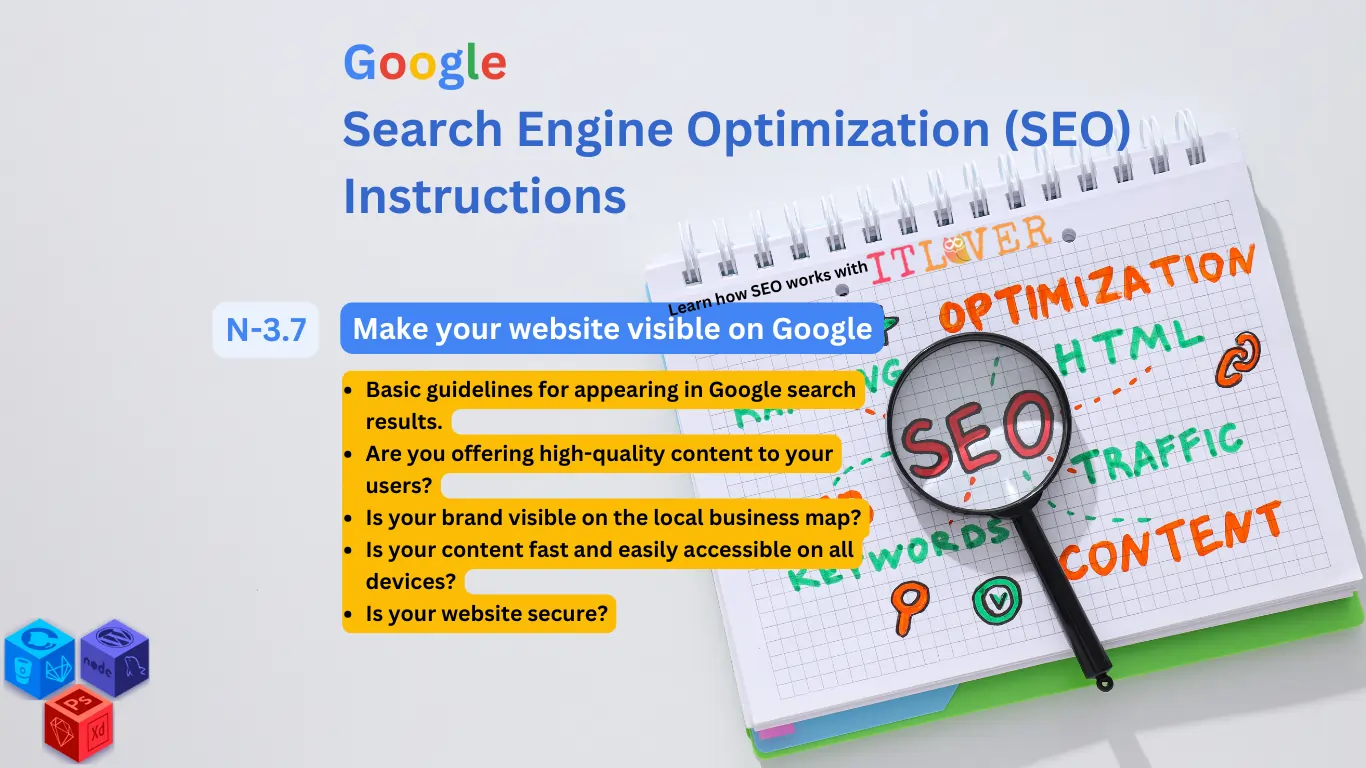How Google Search Works

How Google Search Works Ensuring your website is visible to the right users in search engines is crucial. Search Engine Optimization (SEO) is the process of improving a website’s visibility in search results to attract more relevant traffic. Even if you use a CMS like WordPress, Blogger, Wix, or Squarespace and don’t have much time […]
File Types Supported by Google

File Types Indexed by Google Google can index content from various types of text-based files and some encoded document formats. The most common file types indexed by Google include: Adobe Portable Document Format (.pdf) Adobe PostScript (.ps) Comma-Separated Values (.csv) Electronic Publication (.epub) Google Earth files (.kml, .kmz) GPS eXchange Format (.gpx) Hancom Hanword (.hwp) […]
Google Spam Policies: Full Guide for Webmasters and SEO Professionals

What Are Google Search Spam Policies? In the context of Google Search, spam refers to web content created to deceive users or manipulate search rankings unfairly. These policies are designed to protect users and ensure high-quality search results. To appear in Google Search (including websites, images, videos, news, or other formats), your content must not […]
What Is Googlebot

Googlebot? Googlebot is the general name for the two types of web crawlers used by Google Search: Googlebot Smartphone: A mobile crawler that simulates a user browsing from a mobile device. Googlebot Desktop: A desktop crawler that simulates a user browsing from a desktop computer. You can identify the type of Googlebot via the HTTP […]
Top 10 Mistakes When Building a WordPress Website (and How to Avoid Them)

WordPress is one of the world’s most popular content management systems. As of 2024, it powers 43.5% of all websites globally. Despite its flexibility and ease of use, beginners often make errors that undermine their site’s performance and growth. In this article, we examine the top 10 mistakes people make when creating a WordPress site—and […]
The impact of website structure & quality on indexing

Website Structure A well-organized website allows search engines to effectively crawl (explore and understand) your site’s structure and content, which helps them discover, index, and rank valuable pages on search engine results pages (SERPs). In contrast, a poorly structured or overly complex website can hinder this process, waste your website’s allocated crawl budget, and reduce […]
